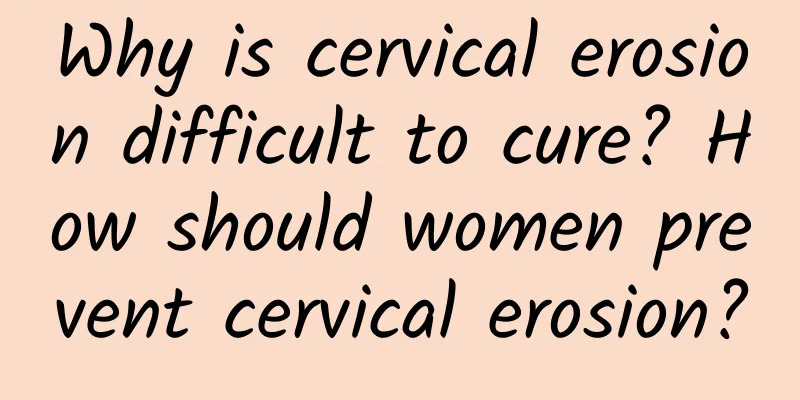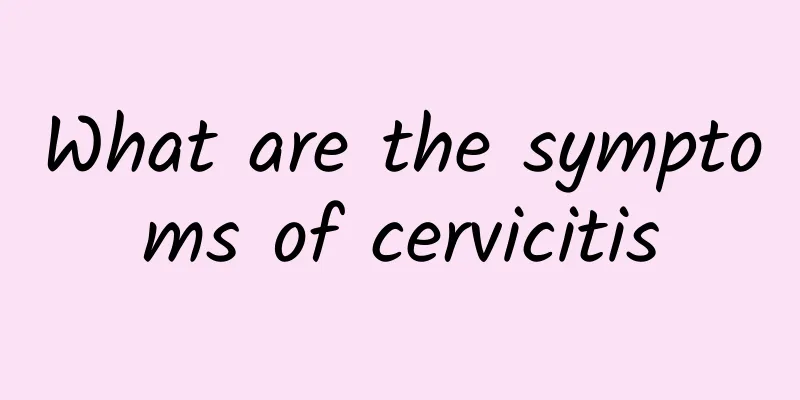What is the sequelae of pelvic inflammatory disease?

|
Sequelae of pelvic inflammatory disease refer to the health problems left by untreated pelvic inflammatory disease, the most common of which are pelvic pain, infertility and ectopic pregnancy. 1. Pelvic pain If pelvic inflammatory disease is not treated in time, it may develop from acute to chronic, causing pelvic congestion and abdominal or lumbosacral pain. Many people will find that this discomfort will be aggravated after fatigue or sexual intercourse. In addition to medications such as Fuyankang or Jingangteng capsules, physical therapy such as ultrashort wave therapy is also an option. In life, paying attention to rest and avoiding excessive fatigue can also help relieve pain. 2. Risk of infertility Chronic pelvic inflammatory disease may damage the lining of the fallopian tubes, leading to reduced ciliary movement and even causing fibrosis or occlusion of the fallopian tubes. These changes can prevent sperm from combining with the egg and reduce the possibility of pregnancy. Pelvic inflammatory disease may also induce endometritis and affect the implantation of the fertilized egg. For different causes, personalized treatment plans are key. Regular gynecological examinations can help detect and deal with these problems early and increase the chances of pregnancy. 3. Hidden dangers of ectopic pregnancy Inflammation may damage the lining of the fallopian tubes, causing them to become blocked, which increases the risk of an ectopic pregnancy. If an ectopic pregnancy occurs, surgery is necessary as soon as possible. To prevent an ectopic pregnancy, it is essential to maintain pelvic health. Regular checkups and prompt treatment of any inflammation or infection can reduce this risk. 4. Prevention and management recommendations Maintaining good personal hygiene habits is the basis for preventing pelvic inflammatory disease. Avoiding unnecessary intrauterine operations and paying attention to sexual hygiene are effective measures to reduce the occurrence of pelvic inflammatory disease. For women who have already suffered from pelvic inflammatory disease, following the doctor's treatment advice, taking medicine and reexamination on time can effectively reduce the occurrence of sequelae. 5. Pay attention to mental health Long-term pelvic pain and infertility issues can have a negative impact on mental health. Seeking psychological support and engaging in appropriate relaxation activities can help relieve anxiety and stress. Communication and support with your partner are also very important, and building a good relationship can help you face health challenges together. Paying attention to pelvic health is not only about dealing with the disease itself, but also about improving the overall quality of life. Through active preventive measures and timely treatment, the occurrence of sequelae of pelvic inflammatory disease can be effectively reduced. |
<<: What are the symptoms of intrauterine adhesions?
>>: What are the sequelae of crying after abortion?
Recommend
What are the symptoms of severe cervical erosion in women? Five major symptoms of severe cervical erosion in women
Severe cervical erosion has the following symptom...
Eat protein to grow muscles? 4 points to eat right to be effective
If you want to build more muscle, you can consume...
What incorrect behaviors can cause vaginitis
We know that patients with vaginitis generally kn...
What's wrong with a small amount of coffee-colored blood?
What's wrong with a small amount of light bro...
Symptoms of moderate cervical erosion should not be ignored
When women suffer from moderate cervical erosion,...
What are the treatments for amenorrhea?
Amenorrhea is a common endocrine disease in women...
What is considered malignant uterine fibroids? Is malignant uterine fibroids uterine cancer?
What is considered a malignant uterine fibroid? I...
Causes of threatened miscarriage in early pregnancy
Causes of threatened miscarriage in early pregnan...
The early symptoms of cervical erosion are mainly the following
Early treatment of cervical erosion is the best a...
It takes 3-5 days to rest after medical abortion. How to take care of women after medical abortion?
At present, there are many ways to choose abortio...
You can also lose weight by sitting down. Female doctor's 3 private tricks to lose weight and look beautiful
Correct posture is the foundation for a beautiful...
What are the symptoms of Trichomonas vaginitis
Trichomonas vaginitis is a common gynecological d...
What behaviors can easily cause menstrual irregularities?
Irregular menstruation is a common symptom for ma...
How long will it take for menstruation to come after taking Nuan Gong Qiwei Pills?
How long will it take for menstruation to come af...
What kind of ointment should be used for adolescent vulvar leukoplakia? Can adolescent vulvar leukoplakia heal itself?
Adolescence is an important stage in life, but ma...









